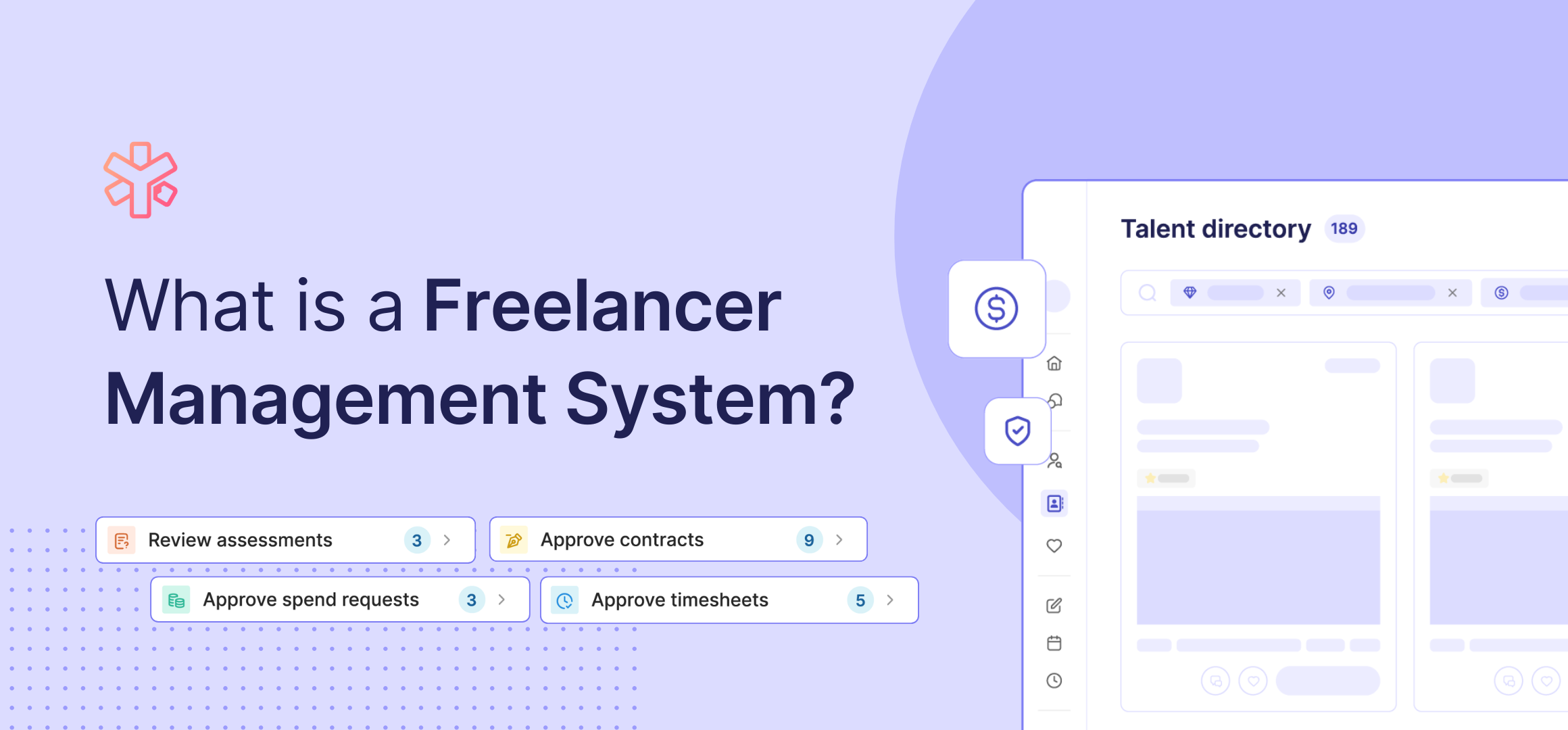Back in 2019 we previously discussed findings from a Drum report that indicated digital projects had grown in demand over recent years, leading to increased workloads on in-house teams. Since the report, the concept of in-housing has accelerated, with 37% of UK businesses choosing to create an in-house agency with additional freelance support.
We explore some of the benefits of in-housing for businesses and what in-house agencies can get out of collaborating with freelancers on projects that would have previously been outsourced.
1. Brings speed, flexibility, and an agile way of working
When both in-house teams and freelancers work together on projects the experience from two worlds often creates a fresh new perspective for everyone as well as flexibility and a new way of working.
One of the main benefits of working with freelancers for in-house agencies is the flexibility they can offer when it comes to increasing or reducing teams to suit the demand of the business. Working with freelancers also exposes in-house agencies to some of the best talent around, bringing their own vast experiences and fresh, new vision to projects.
In-house creative teams are often seen as the brand representatives, as they develop a deep understanding of the business and what it stands for. This means any freelancers working with them will have exposure to people who know the business in-depth and understand what the expectations are from stakeholders.
The sense of fearlessness is often refreshing for projects and keeps the in-house teams learning on the job. Likewise, when freelancers come on board for projects and need to quickly get a grasp of brand tone of voice and style, who better to get them up to speed than the in-house creatives!
2. In-house Collaboration
Another great benefit of creating an in-house agency is the collaboration it invites amongst colleagues. As you’re all working towards the same goal, you typically have a vested interest in getting the project over the line and ultimately delivering a successful outcome for the business. In-house agencies also have a stronger knowledge of the brand strategy, compared to external branding agencies, making them the best advocates
Senior Marketing Director for Walkers Crisps, Fernando Kahane, has previously shared that working with an in-house agency to be an "efficient set-up". In an interview with Campaign Live, he commented:
The agency acts as an extension of our brand and marketing teams, and together they have worked hard to get under the skin of our diverse portfolio of brands and deliver content that perfectly reflects their DNA.
3. Cost efficiencies
One of the most important benefits of an in-house agency is the cost efficiencies it brings businesses as statistics from The Drum’s report suggests in-housing saves businesses an average of 30% on costs.
Bringing advertising and other creative projects in-house also means brands can create even more content with more creative control as well as have a closer understanding of budgets and how their brand is truly represented.
Having a hybrid model of an in-house agency with freelancers means businesses benefit from the merging of fresh perspective and creativity with excellent brand knowledge and awareness.
If you’re thinking of bringing more activities in-house and want to benefit from a great pool of talented freelancers to help with the workload, try YunoJuno today. Our tool will help in-house teams hire, manage and pay freelancers so they can get on with the job at hand.








